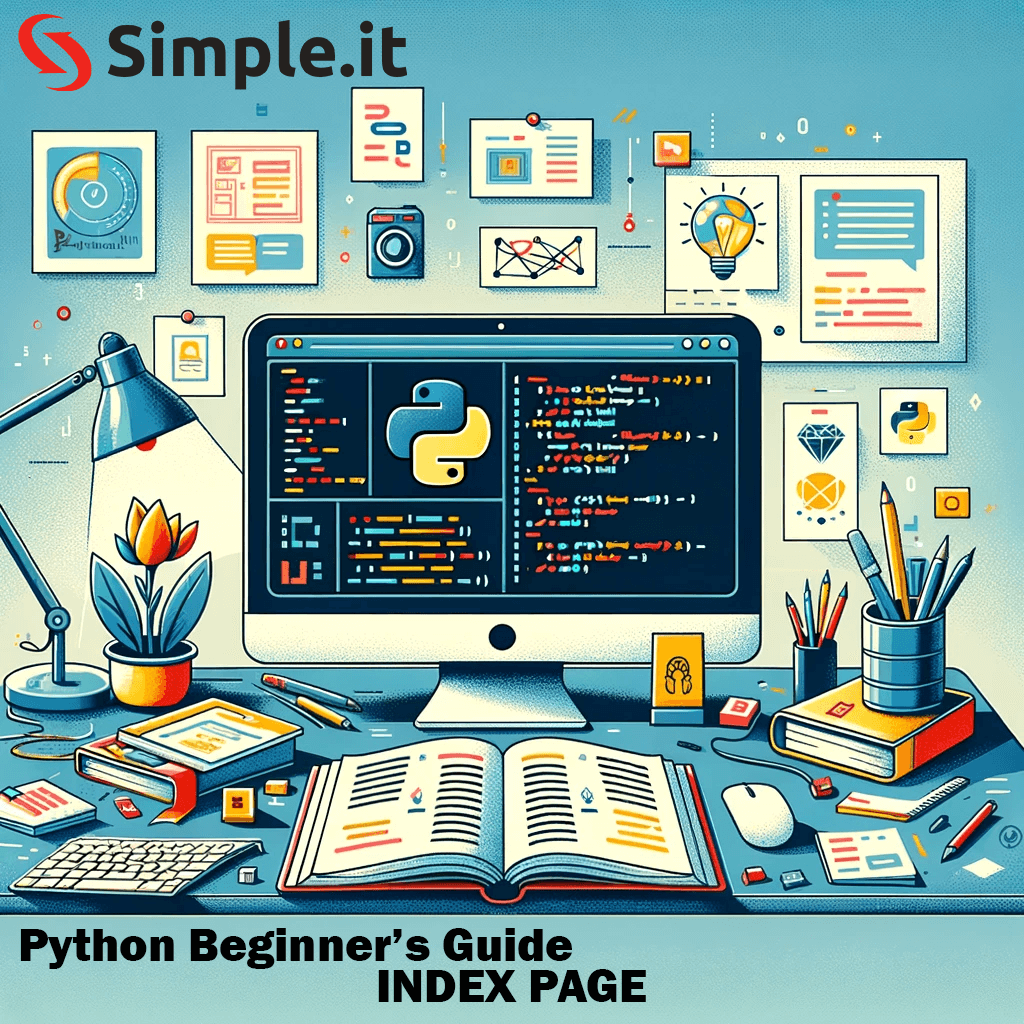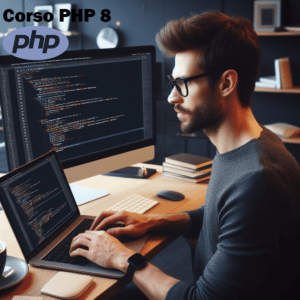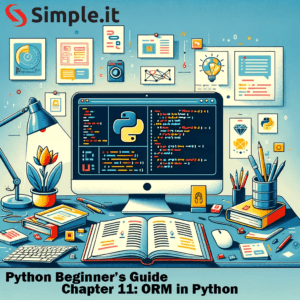Welcome to the “Python Beginner’s Guide,” a comprehensive and structured journey through the world of Python programming. This index page serves as a central hub for our entire series, designed to offer beginners a user-friendly starting point on their Python learning journey. Each section in the series provides an in-depth exploration of Python’s key concepts and techniques, complete with direct links for easy navigation.
Python Beginner’s Guide
Why Python Beginner’s Guide?
Python, renowned for its simplicity and efficiency, is one of the most popular programming languages today. It’s versatile, powerful, and plays a pivotal role in diverse fields like web development, data science, artificial intelligence, and more. Python’s readability and straightforward syntax make it an excellent choice for beginners, while its vast libraries and frameworks offer endless possibilities for experienced developers.
Explore the Python Universe
Ready to dive into the world of Python? Each section of this guide will build upon the last, giving you a well-rounded understanding of Python programming. By the end of this journey, you’ll be equipped with the knowledge and skills to tackle real-world programming challenges with confidence.
1. Introduction to Python Programming
Delve into the basics of Python, exploring its history and the reasons behind its widespread popularity. This introductory post lays the foundation for your Python journey.
2. Setting Up Your Python Environment
Learn how to set up Python on various operating systems and get an overview of the most popular Python Integrated Development Environments (IDEs), setting the stage for efficient coding.
3. Python Syntax and Basic Concepts
Understand the core of Python programming by exploring its syntax and basic concepts, including variables, data types, and operators – the essential building blocks.
4. Control Structures in Python
Dive into Python’s control structures. Grasp how conditional statements and loops shape the logic and flow of Python programs.
5. Python Functions and Modules
Uncover the power of Python functions and modules. Learn to define and effectively use them to organize and enhance your code.
6. Working with Data in Python
Explore how to handle various data structures in Python, such as lists, tuples, and dictionaries, and understand the nuances of data manipulation.
7. Object-Oriented Programming in Python
Step into the world of object-oriented programming in Python. Learn about classes, objects, and inheritance, and how they bring structure to complex programs.
8. Error Handling and Debugging in Python
Gain essential skills in error handling and debugging to write robust and error-free Python code, a must-have skill for any aspiring programmer.
9. Python Libraries and Frameworks
Discover the extensive libraries and frameworks in Python that offer ready-to-use solutions and boost the functionality of your projects.
10. Interacting with SQL Databases in Python
Learn the art of interacting with SQL databases using Python. Understand how to connect to databases, execute queries, and manage SQL data efficiently.
11. Database Management with ORM in Python
Dive into the use of Object-Relational Mapping (ORM) in Python, focusing on tools like SQLAlchemy and Django ORM, to simplify database interactions.
12. Python and MongoDB
Enter the realm of NoSQL databases by learning how to use Python with MongoDB, focusing on creating, reading, updating, and deleting documents.
Begin Your Python Adventure
This Python Beginner’s Guide is tailored to be your companion on a rewarding journey through Python. From fundamental principles to advanced techniques, each topic is a step forward in your programming path. Ready to embark on this adventure? Dive into each topic and enhance your Python skills!
For more programming insights and tutorials, don’t forget to visit the programming section of our blog. Happy coding!
For in depth covering of every topic you can refer to the official Python documentation.


